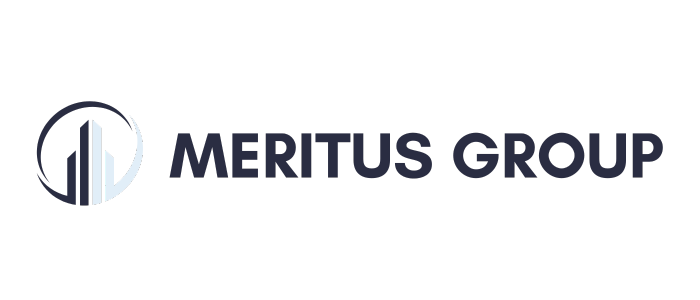The manufacturing sector, a cornerstone of the global economy, is continually evolving, influenced by numerous external factors and internal innovations. For business owners looking to sell, understanding these trends is crucial to accurately valuing their operations and optimizing their sale prospects. This blog explores the latest industry trends affecting the valuation of manufacturing businesses, focusing on technological advancements, changes in consumer demand, and other significant factors.
1. Technological Advancements
Automation and Robotics
One of the most impactful trends in the manufacturing industry is the increasing use of automation and robotics. These technologies improve production efficiency, reduce human error, and lower labor costs. Businesses that have invested in automation are often valued higher because they promise lower operational costs and higher productivity in the long term. For potential buyers, a well-integrated automation system can mean a quicker return on investment.
Additive Manufacturing (3D Printing)
Additive manufacturing, or 3D printing, has transitioned from prototyping to full-scale production capabilities. This technology allows manufacturers to produce complex parts with less material waste and reduced lead times. Companies that adopt 3D printing technologies can offer more customized and innovative products, appealing to a niche market segment, thereby increasing the business’s value.
Internet of Things (IoT)
IoT technology connects machinery, workpieces, and systems to enhance data collection and analysis. This integration can lead to more predictive and preventive maintenance, reducing downtime and improving the overall efficiency of production lines. Manufacturing businesses that leverage IoT solutions offer prospective buyers a more controlled, cost-effective, and data-driven operation.
2. Environmental Sustainability and Green Manufacturing
Consumer awareness and regulatory demands for sustainable and environmentally friendly manufacturing processes have never been higher. Manufacturers that have invested in reducing their carbon footprint, through renewable energy integration or sustainable materials, are not only viewed as more socially responsible but are also more appealing to a growing segment of environmentally conscious buyers. Such investments can boost a company’s valuation by aligning with global sustainability trends and regulatory compliance.
3. Supply Chain Resilience
Recent global disruptions have highlighted the vulnerability of extended, just-in-time supply chains. Companies that have developed more resilient supply chains, whether through nearshoring, diversifying suppliers, or increasing inventory buffers, tend to have a higher valuation. These strategies minimize the risk of disruption, a critical factor that prospective buyers consider when evaluating a business’s long-term viability.
4. Changing Consumer Demands
Customization and Personalization
The trend towards customization and personalization has forced manufacturers to adapt their production lines and processes. Businesses that have effectively integrated flexible manufacturing systems to allow for product customization have a competitive edge. This flexibility can significantly enhance a business’s value, showing potential buyers that the company can quickly adapt to market trends and consumer preferences.
E-Commerce
The e-commerce boom has transformed traditional manufacturing and distribution models. Companies that have seamlessly integrated e-commerce platforms into their operations, enabling direct-to-consumer sales or improved B2B e-commerce capabilities, are likely to be valued higher. This integration demonstrates a company’s adaptability and potential for tapping into online market growth.
5. Regulatory Compliance and Industry Standards
Manufacturing businesses must navigate a complex web of regulations and standards, which can vary significantly by geography and industry sector. Companies that proactively manage compliance—whether it’s with safety standards, quality controls, or export regulations—are often more attractive to buyers because they carry less regulatory risk.
The manufacturing sector is rapidly evolving, driven by technological innovations, changes in consumer behavior, and a heightened focus on sustainability and supply chain resilience. For owners of manufacturing businesses, staying abreast of these trends is essential to understanding and enhancing their company’s value in preparation for a sale.
Understanding these factors not only helps in attracting the right buyers who see the potential for future growth and stability but also ensures that owners can negotiate from a position of strength, backed by a deep understanding of how these trends impact their business’s valuation.
Are you considering selling your manufacturing business, or perhaps you’re just interested in knowing its current market value? Contact Meritus Group at (605) 252-9520 or via email at INFO@MERITUS.GROUP for a FREE opinion of valuation. Our experts specialize in the manufacturing sector and can provide you with comprehensive insights into how current trends may affect the value of your business. Reach out today to ensure you’re making informed decisions about your business’s future.

